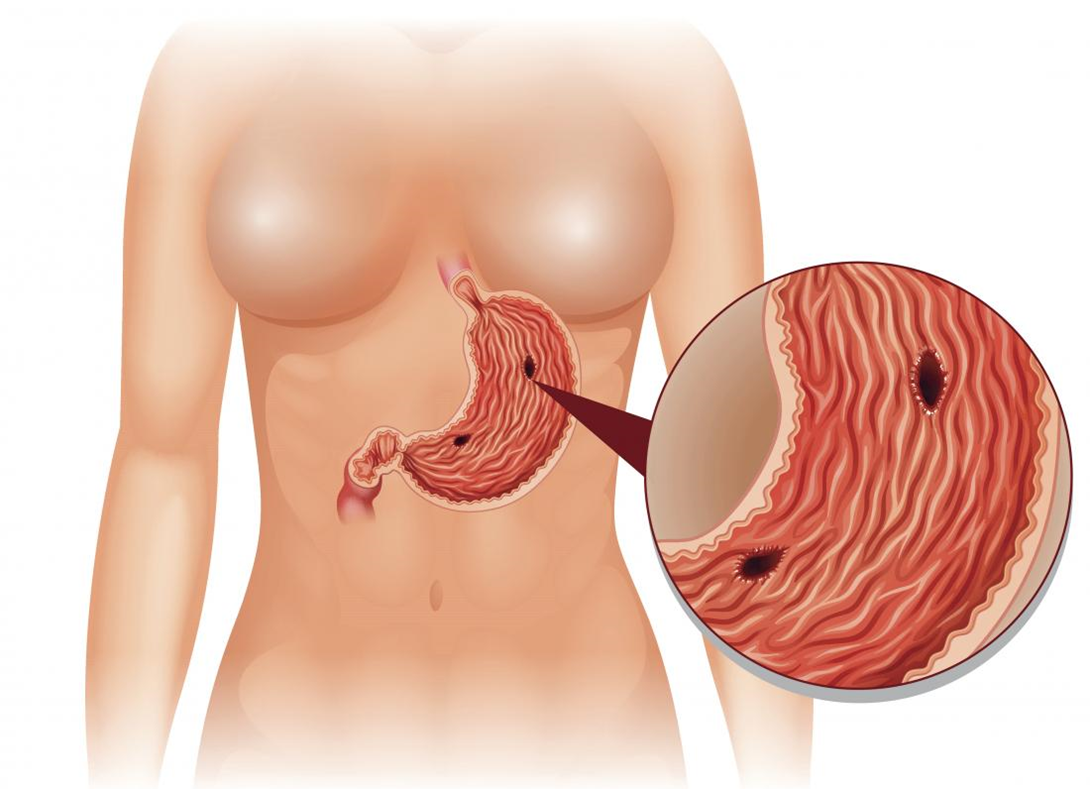A nurse is assessing a client with suspected fluid volume overload. Which finding requires further action?
Pyuria
Weight loss
Jugular vein distention
Muscle contractions
The Correct Answer is C
Choice A reason: Pyuria, or pus in the urine, is not a direct sign of fluid volume overload. It may indicate a urinary tract infection, kidney stones, or other renal problems.
Choice B reason: Weight loss is not a typical finding of fluid volume overload. In fact, weight gain is a common symptom of fluid retention, as the body holds more fluid than it excretes.
Choice C reason: Jugular vein distention, or the bulging of the neck veins, is a serious indicator of fluid volume overload. It reflects increased pressure in the right side of the heart and the systemic circulation. It may also signal heart failure, pulmonary hypertension, or pericardial tamponade.
Choice D reason: Muscle contractions are not directly related to fluid volume overload. They may be caused by electrolyte imbalances, dehydration, muscle fatigue, or nerve disorders.
Nursing Test Bank
Naxlex Comprehensive Predictor Exams
Related Questions
Correct Answer is A
Explanation
Choice A reason: Sudden abdominal pain is a sign of gastrointestinal perforation, which is a life-threatening complication of peptic ulcer disease. It occurs when the ulcer erodes through the wall of the stomach or duodenum, causing leakage of gastric contents into the peritoneal cavity. This causes inflammation, infection, and peritonitis.
Choice B reason: Hyperactive bowel sounds are not indicative of gastrointestinal perforation. They may be present in other conditions, such as gastroenteritis, intestinal obstruction, or diarrhea.
Choice C reason: Bradycardia is not indicative of gastrointestinal perforation. It may be caused by other factors, such as vagal stimulation, medication side effects, or cardiac disorders.
Choice D reason: Decreased blood pressure is not indicative of gastrointestinal perforation. It may be a result of other causes, such as hypovolemia, shock, or dehydration.

Correct Answer is A
Explanation
Choice A reason: Fried cheese is a food that the nurse will question on the tray for a client with acute gallbladder inflammation. Fried cheese is high in fat, which can trigger or worsen the symptoms of gallbladder disease. Fat can stimulate the contraction of the gallbladder, which can cause pain and inflammation if there are gallstones blocking the bile ducts.
Choice B reason: Green beans are not a food that the nurse will question on the tray for a client with acute gallbladder inflammation. Green beans are low in fat and high in fiber, which can help prevent or reduce the symptoms of gallbladder disease. Fiber can help lower the cholesterol levels in the bile, which can reduce the risk of gallstone formation.
Choice C reason: Grilled chicken breast is not a food that the nurse will question on the tray for a client with acute gallbladder inflammation. Grilled chicken breast is a lean protein source, which can provide essential amino acids for the client's health. Protein can also help maintain the muscle mass and strength of the client, who may have reduced appetite and weight loss due to gallbladder disease.
Choice D reason: Whole grain dinner roll is not a food that the nurse will question on the tray for a client with acute gallbladder inflammation. Whole grain dinner roll is a complex carbohydrate source, which can provide energy and fiber for the client. Carbohydrates can also help balance the acid-base status of the client, who may have metabolic acidosis due to impaired bile secretion and digestion.
Whether you are a student looking to ace your exams or a practicing nurse seeking to enhance your expertise , our nursing education contents will empower you with the confidence and competence to make a difference in the lives of patients and become a respected leader in the healthcare field.
Visit Naxlex, invest in your future and unlock endless possibilities with our unparalleled nursing education contents today
Report Wrong Answer on the Current Question
Do you disagree with the answer? If yes, what is your expected answer? Explain.
Kindly be descriptive with the issue you are facing.
